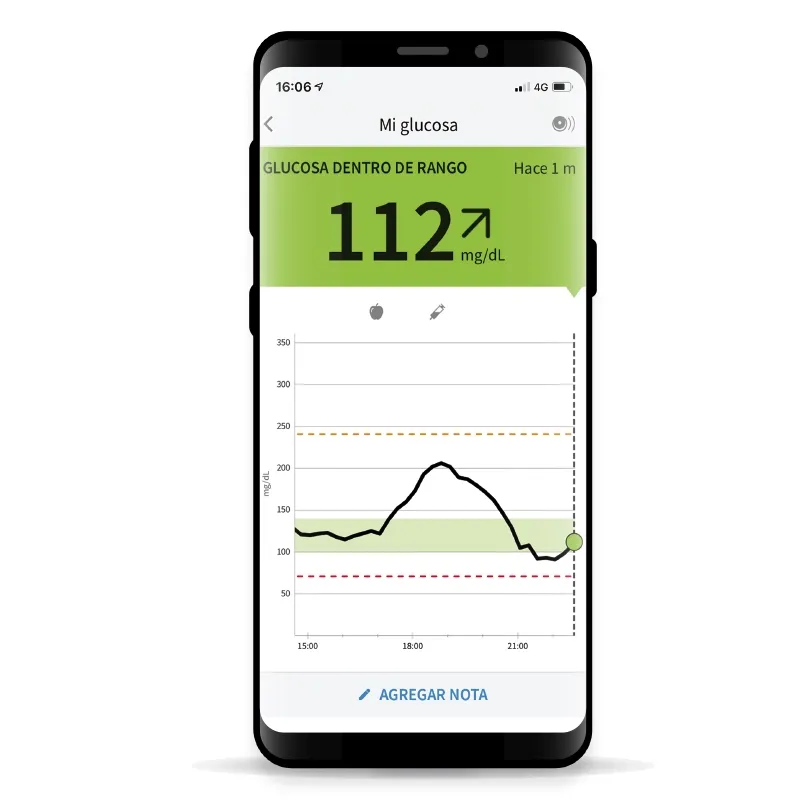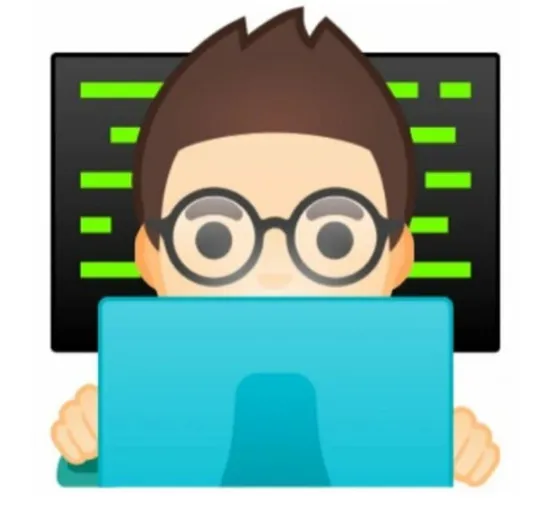ignoranzo said:
good afternoon everyone.
My name is Ignacio, I am 36 years old and I am diabetic type 1 for almost 30 years.For three months I am using the free freestyle sensor 2.
I expose you a topic that is happening to me with the great novelty of this sensor: the warning alarms for hyperglycemia and hypoglycemia.
Put the patch, activated the permits and the notifications, I do not know these alarms.Nor does it appear on my device (iPhone 7 with iOS 14), in the Bluetooth, none of the "sensor" type to match.
They tell me from Abbott that if you use other devices with Bluetooth intelligent bracelet, in the car to talk with hands -free, ... even bank applications, which do not ´Iltan´ the alarms.
Waiting for your experiences and thanking your help in advance, greetings!
----- 0 -----
My answer is a bit ironic, I hope I don't bother you.Welcome to the free world2.I have been diabetic for 20 years and since March I use the free2.I can tell you that from the beginning, because of a problem that I had, which was not the fault of the free2 (everything must be said), I began to review them well.And when I say that is in every sense I could and investigate.Actually any other company gets the free2 to the market and it would have taken them to withdraw them.The first months were disconnected and connected when they wanted.I have sensor records that even disappeared 5 days and then returned (I spoke of Bluetooch), others that the entire sensor failed (the famous warning of "Error attempt at 10 min") that adding the time of those failures in the 14 days arrived atbe even 3 or 4 whole days.I have to say that they have never taken off, that has been criticized by many people but it has not happened to me.By the way, those who say that the Bluetooch does not fail because the message does not come out;The message admitted by Abbott only leaves after more than 20 min of connection loss.And I don't know about you but a diabetic who wants to be sure that an apparatus can be failing 20 minutes in a row and being in hypoglycemia and not knowing it is something big.Of course the failures have evolved.Bluetooch connection failures are currently being still.But they have overcome precision failures.That I mean.Because to values that even give NFC of 270 when you make a series of capillaries and is even rising by 189 (that is, neither by the delay with the capillary nor anything).And I have not seen it in a single sensor.First I paid them to me and now I am given the Spanish Social Security and I have to admit that I have seen is error in the last 5 sensors I have had (discrepancies records between 30 to 80 units; fear gives me to connect to ainsulin pump and put insulin thinking that I am in 120 and in reality this in 70 stable, registered values).I have really seen serious sensor failures in 100% of the free2.That the free1 had them, yes, but one or two.You claimed, they gave you another and solved.Currently with the free2 if you do what they give you is exactly the same.With this I do not mean that the free are bad, but the free2, yes.I have even talked to Abbott people who first denied me to record those mistakes.And then in the same conversation say "we are aware of those mistakes you have said they happen in a percentage that has made us think. But they are already fixed for free3."That is, how can they fix something they say they don't know?in which of the two lie?However, if I am a connoisseur that free3 seems to have solved the vast majority of those problems, because it is not based on the free2 (something reasonable for the change of size and technology).
What I want to tell you, calm gives connection problems, yes.That they will say that it is for other thingsConnected, because that day rains or makes sun, etc.Well too.But the reality is that the only free2 that work 100 % well are those that are not reviewed.However, they are a great preview that people who have no problems suffering hypoglycemia without noticing them, they are very good.But those of us who seek that point of quality of life and security, cannot trust them, today.I really hope that the free3 fulfill what they say, although what they say of them is almost the same thing they said of the free2 (unless the 3 did not carry NFC) >
Hello, I am new in the forum and I have found you looking for someone who could be the same as me with the sensors free 2, and for my rest, I see that there are many who have problems (the same as me) with theBlessed sensors.I came to think that I am super rare and susceptible, because the trend, both of the diabetes and Abbott educators, is to make you believe that you are the only person who has those problems:
-False constant night hypoglycemia (with the lack of rest that causes and the dechic and bad milk)
-Sight not warns of hypoglycemia
-S constant "error, try in 10 minutes"
-The constantavisos that the application has been closed or that the Bluetooth has disconnected
-And the constant disparate measurements compared to the capillary.
I have been with diabetes 36 years and although it is true that when the sensor goes well it is wonderful and very comfortable, most give mistakes, small or serious, and that causes me a lot of insecurity, and I have been more stressed again than when I startedAnd I am giving me the feeling that I move away from my body sensations, which were unequivocal symptom of my real state.There are lots that all come bad.In the last batch they gave me 4 of the same lot and the 4 bad, and then 2 of another lot, that one I have had to remove and the other is enduring, although yesterday he made two pifias.
The supply in cases like this leaves much to be desired, because right now I am without spare parts and waiting for Abbott to replace them for 1 month.
There is hope that even if they do not recognize the mistakes of this version, based on reporting the complaints, they can distribute us an improved version, because, as they said there, what this is like the c_ _ o, although althoughThe pharmaceuticals is a business, and here we make guinea pigs






